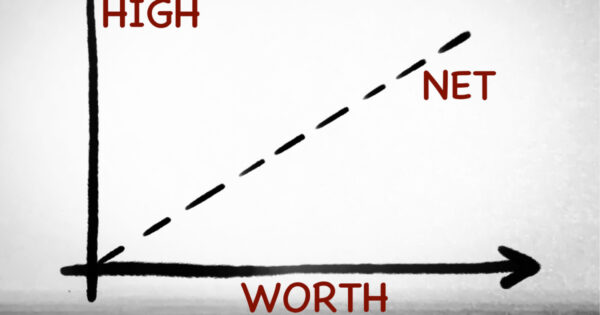Caution expected from US Fed

There is growing consensus among market economists that the US Federal Reserve will adopt a wait and see approach out of its scheduled meeting this week.
MFS Investment Management chief economist, Erik Weisman encapsulated common sentiment when he said that the uncertainty generated by US tariff policy was one of the key factors which would influence the Fed’s position.
“The chaos of US tariff policy leaves the future macroeconomic landscape especially challenging to discern. With goods prices likely to rise considerably and the labor market likely to soften, the Fed’s dual mandate points only to ambiguity,” Weisman said.
“Overlay the tariff confusion with upcoming and uncertain changes in fiscal policy, regulatory policy, immigration policy, and the effects of DOGE, and one could hardly blame the Fed for desperately wanting more time and clarity before it signals any meaningful change in its policy stance,” he said.
Weisman said that the Fed will also be mindful that tariff-induced inflation, even if theoretically viewed as temporary, could produce more persistent realized inflation, coming so soon after the pandemic-related inflation that is so fresh in people’s minds.
“Thus, the Fed will be reluctant to loosen policy without clear signals that the economy is weakening materially. In other words, in the absence of real economic deterioration, the Fed is likely to be late with cuts if needed,” he said.
Coming from the somewhat different perspective of US credit markets, Fidelity International portfolio manager, Rick Patel said that his firm’s view was that the Fed Funds rate of 4.25% is too high relative to expectations of limited structural growth and inflation rates.
“The Fed appears reluctant to cut rates based on their recent commentary and are likely to require a catalyst to do so. A deterioration in the labour market might be a catalyst as they look to protect the maximum employment side of their dual mandate,” he wrote.
“There are many unknowns ahead and volatility is likely to persist as the situation around tariffs remains fluid and ever evolving. What we can say with confidence is that in response to this challenging market context, an active and nimble approach to investing is more important than ever. “











On the very same theory, why should I pay for the misdeeds of others ? It wasn't my financial advice…
ISFs on the other hand a BEGGING Government to charge these same 12 Million low- and middle-income Australians HIDDEN COMMISSIONS…
neither do we! adviser!
No one should be paying this CSLR fee that is not involved with the corruption. Industry Funds are innocent but…
hi, yes I saw these illegal incentives on tv but forgot the one that was offering. Can you tell me…